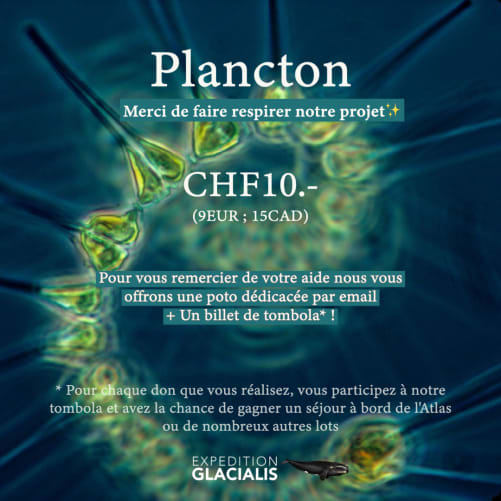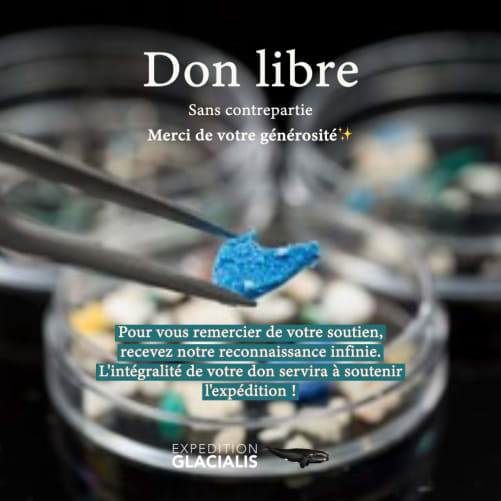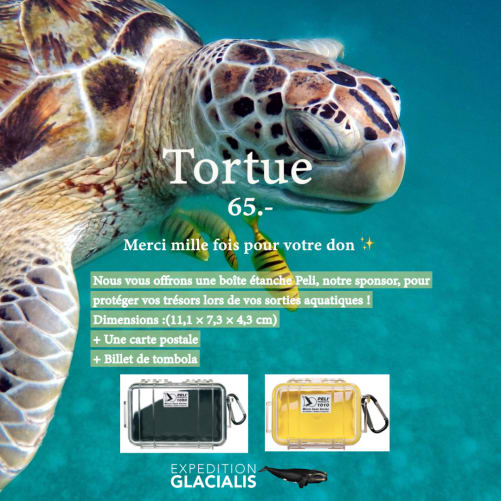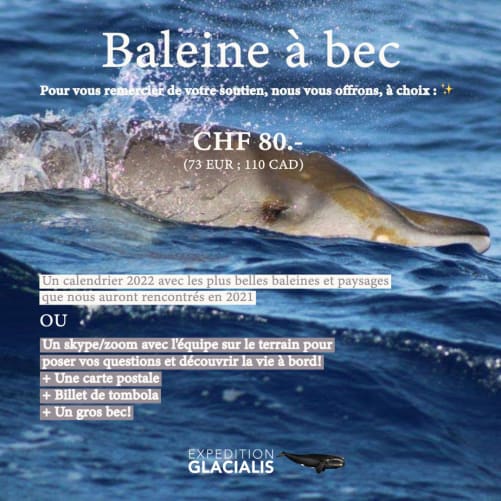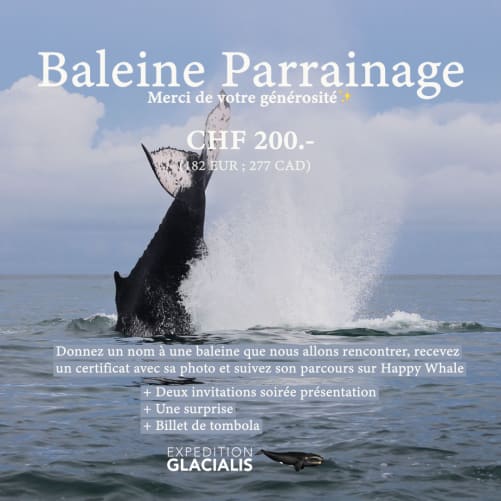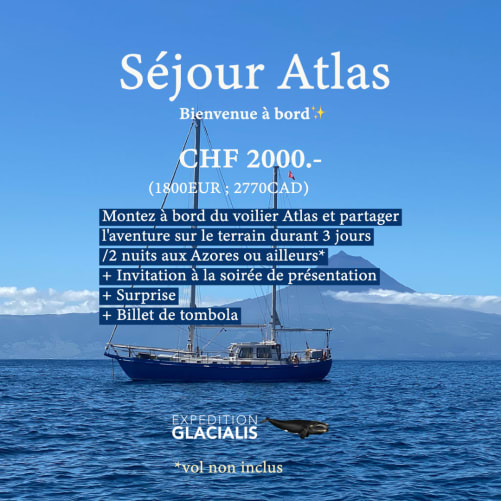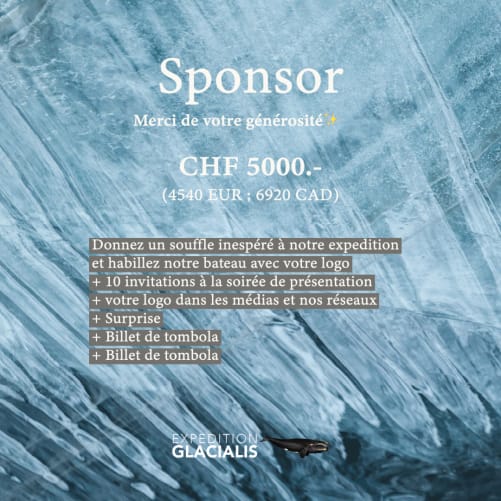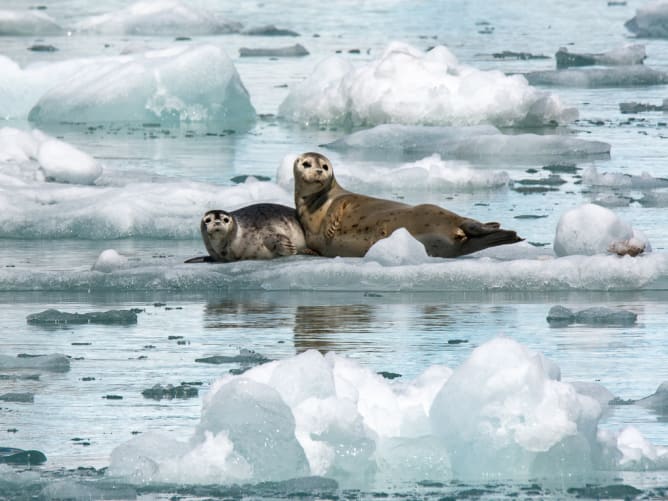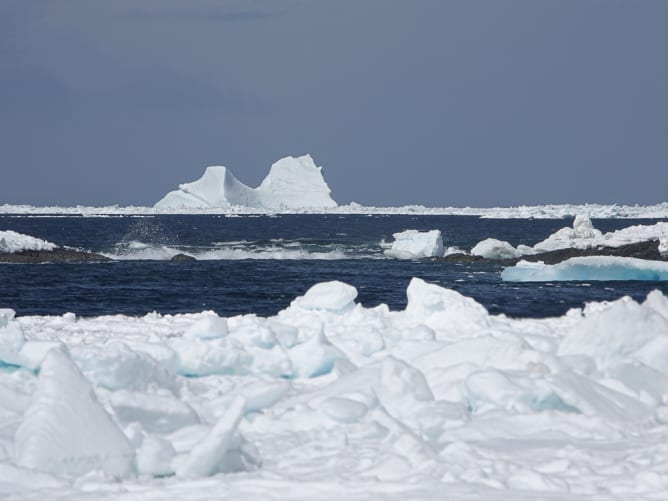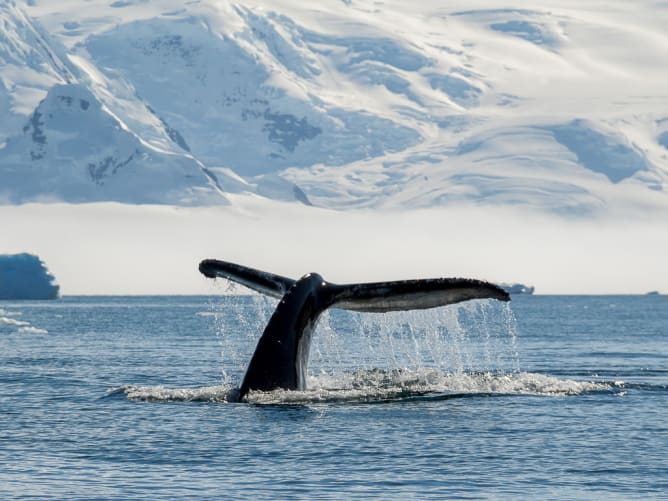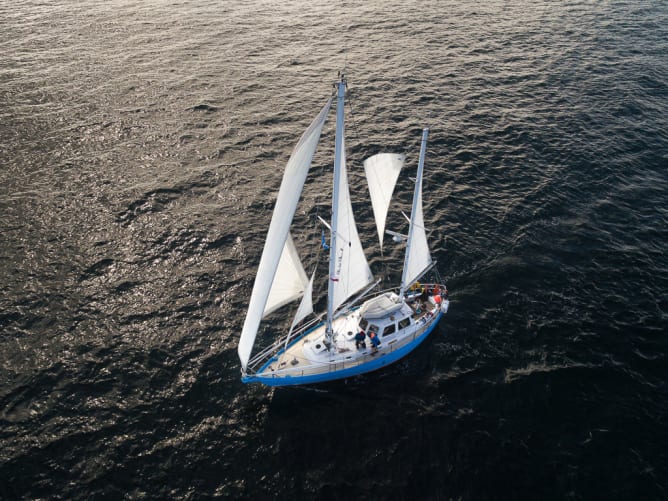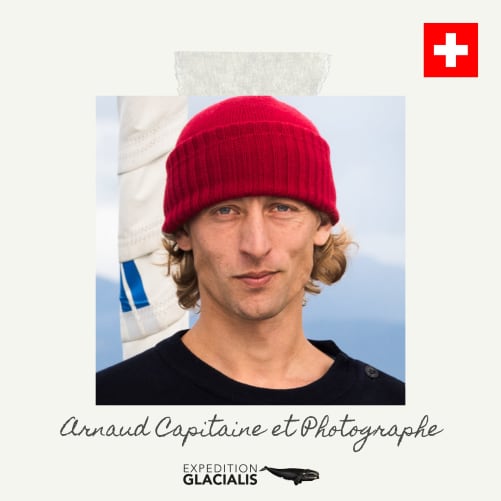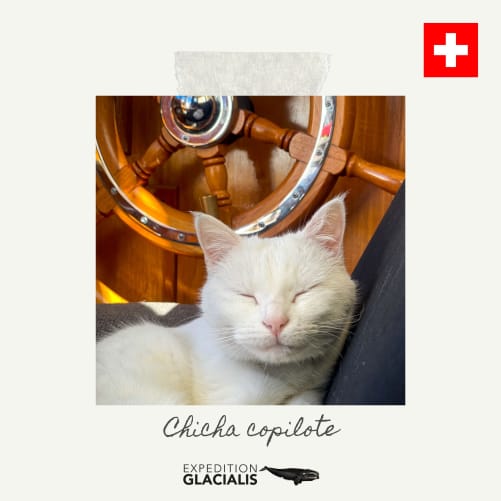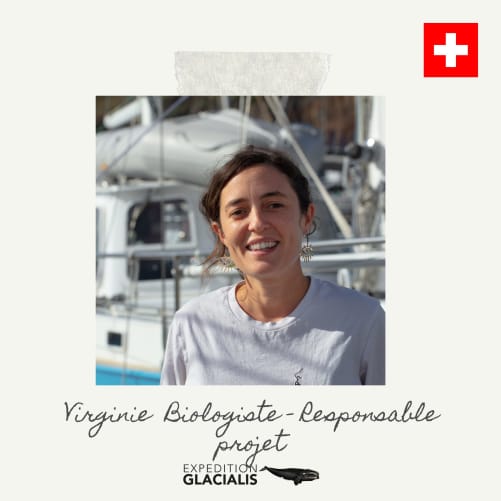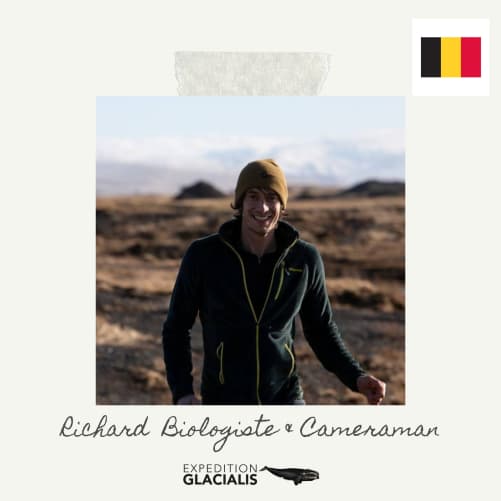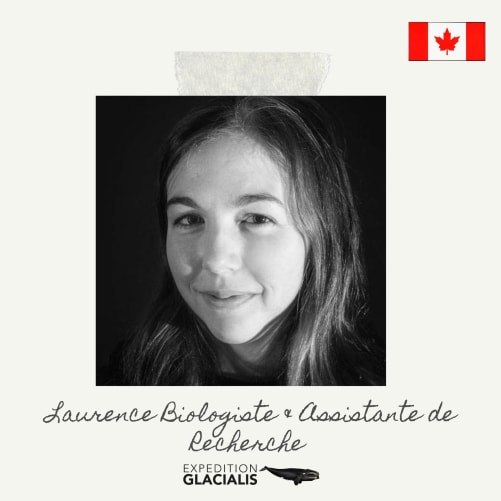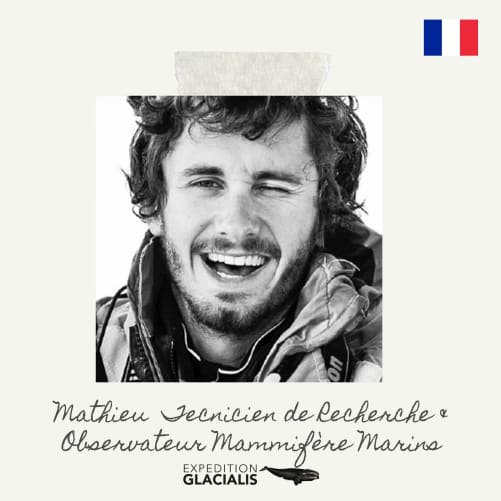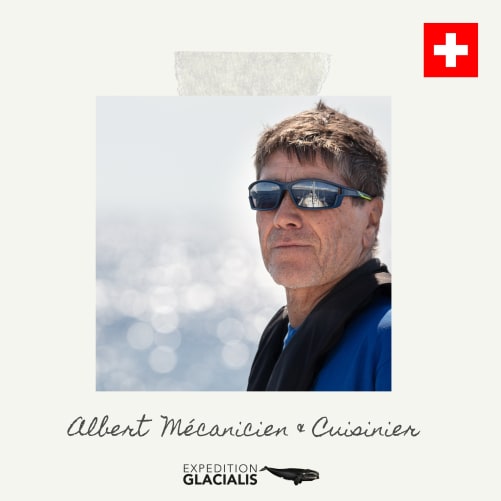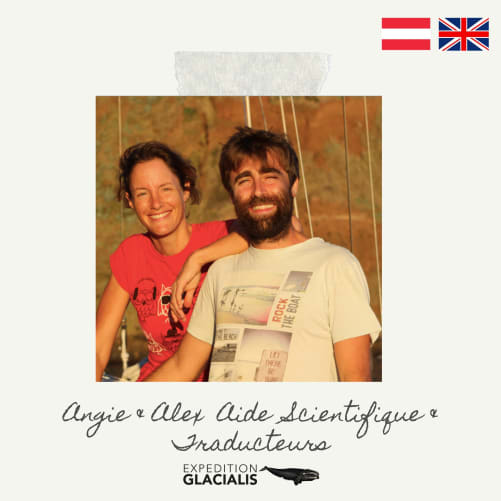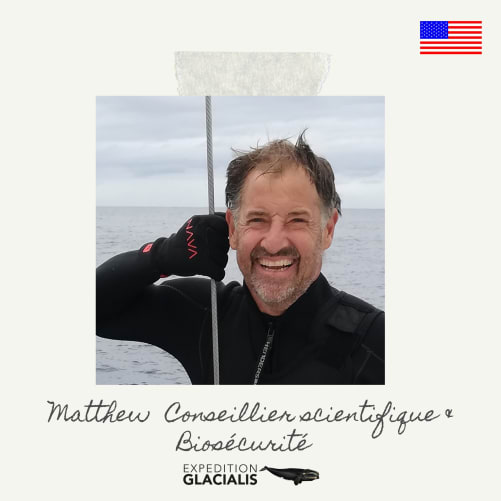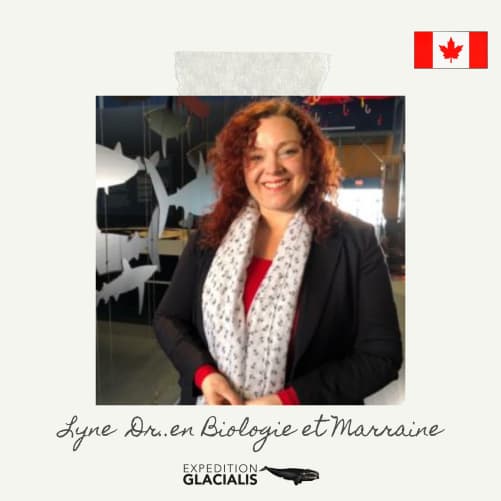Expedition Glacialis
by Virginie Wyss, Richard Mardens, and Arnaud Conne
A significant need for knowledge of the Arctic Ocean
For most of us, the Arctic seems a long way away. However, the delicate stability of these far-off frozen lands and oceans is essential to maintaining a balance on our entire planet and for all its life. There is a significant need for knowledge to protect the Arctic ecosystems, marine mammals and their habitats, but resources are scarce. The polar regions are exceptionally difficult to access and not all existing data is being shared openly.
The GLACIALIS expedition: raising awareness for the protection of the Arctic Ocean
In response to this, a diverse team of scientists, photographers, and artists has joined to create the GLACIALIS expedition. We are passionate about nature, the sea and open science. Through the GLACIALIS project, we strive to contribute to the understanding of the Arctic Ocean through open access data and replicable protocols. We aim to raise public awareness for its protection by publishing audio-visual media resources, sharing the collected data, and our experiences.
We will venture into the Arctic region for 3 consecutive summer seasons 2021-2023 on our micro research platform, the sailing ship Atlas. Before setting sail towards the North, we will test the setup and our equipment by observing the marine fauna of the Azores. In May 2021, our first expedition will then lead us to Greenland, and we will return for two more expeditions in 2022 and 2023, respectively.
The GLACIALIS Expedition plans to cross the seas of the North and collect data on marine fauna and their habitat (plankton, macro and micro plastics) to measure climate change and anthropogenic impact.
Innovative protocols and technologies
In collaboration with a diverse body of researchers, institutes, communities, universities, NGOs and governments we select and develop innovative research protocols. Our goal is to develop protocols that are practical, adapted to small research platforms and easily replicable. We will use:
- Acoustic devices to monitor noise pollution and identify whale species.
- A thermal camera to detect marine mammals and assess their stress level. With this technology we will also contribute to developing a navigational aid for ships: our marine mammal identification data will enable our partners to refine their system to avoid collisions between ships and whales.
- UAVs to take aerial images of whales, measure and document their health by photogrammetry and detect signs of entanglement or collisions with ships.
- Physico-chemical water measurements, plankton sampling, micro and macro plastics and environmental DNA.
Open access data In our strong desire to encourage open science, we will share our data on open and publicly available online platforms.
We are eager to share the data and results, the adventures and issues, the ups and downs we will encounter, both, in real time during our expedition and on our return to dry land!
We plan to:
- allow real-time tracking of our expedition on social networks
- share our travel diaries & blog articles on our scientific discoveries
- create a documentary film
- create a radio play
- capture professional high definition photographs of the wonderful marine mammals and arctic landscapes
- present our expedition at conferences and in schools
We need you!
70% of the project is already funded. To enable the expedition to set off and accomplish its scientific objectives, we need your help to cover the remaining 30% of the budget.
With CHF 30’000 we will be able to acquire the basic security and communication equipment necessary for navigation in the polar regions, as well as the essential scientific material to carry out our data collection. The satellite communication equipment will also allow us to keep in touch with you and with the students who will follow our mission at sea!
- satellite communication device
- protective clothing adapted to the polar regions
- microplastics collection equipment, multiparameter probe, photographic equipment
We will also be able to fit out the boat in an ecological way and contribute to feeding the crew:
- install a drinking water production system
- contribute to the cost of food for the crew
- make an extra sail for the boat
With the ideal budget of CHF 72’000 we will be able to carry out all the innovative scientific projects that are important to us!
- documenting animal stress with a thermal camera
- collect environmental DNA samples
- develop interactive educational tools, organize exhibitions and conferences
With CHF 100’000 we will be able to compensate the volunteer team for 5 months of expedition and pay for 3 months of analysis.
The GLACIALIS expedition must be flexible and adaptable: The team will have to skillfully manage logistical issues and adjust to unpredictable changes that they will encounter before, during and after the expedition. The acquired funding received will be used solely to achieve the above objectives, regardless of possible delays and changes in the itinerary.

